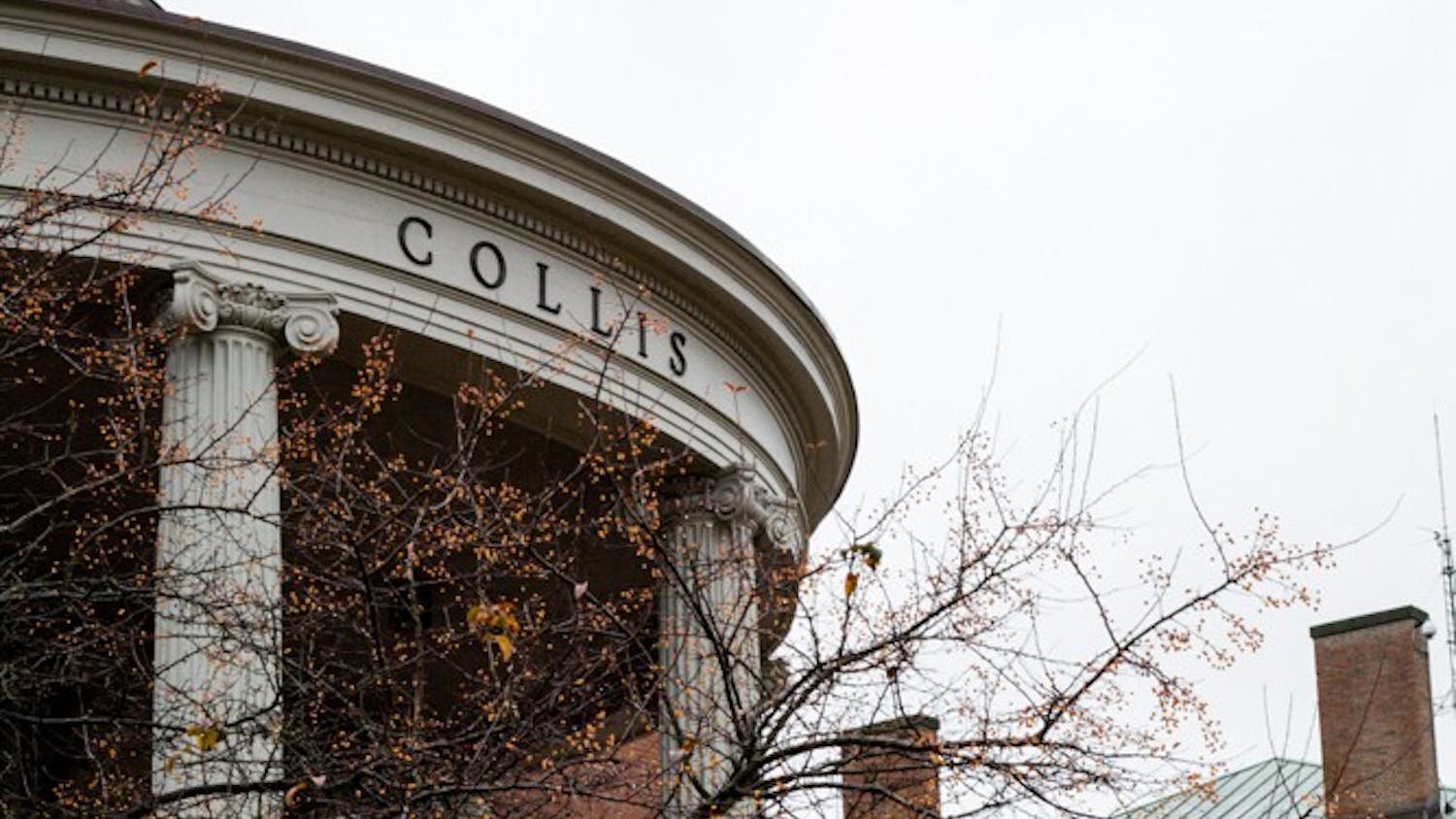While many colleges have had logistical difficulties complying with a new, computerized federal system for tracking international students and professors, Dartmouth has experienced few problems with the new program.
Nonetheless, some Dartmouth students and faculty have faced problems obtaining security clearances necessary to enter the country in the wake of last year's Sept. 11 attacks.
While Dartmouth has not encountered major obstacles with the implementation of the Immigration and Naturalization Service's new "Student and Exchange Visitor Information System" -- known as SEVIS -- Director of the International Student Office Steve Silver did say that some international students have experienced difficulties entering the country this year for other reasons.
Two international students are "on hold" for security clearances to enter the United States, one a graduate student, another a member of the Class of 2006. One Dartmouth professor and one researcher have also faced similar troubles.
Two other graduate students only received security clearances to enter the country within the last few days, one on Sept. 26 and another yesterday. Silver did not provide their names, citing concerns about privacy.
Silver said that the exact requirements necessary to obtain security clearance to enter the country are unclear.
Nonetheless, the International Office is doing all it can to help admitted students through means such as consulate offices and alumni connections, he said.
The INS created the new SEVIS database -- designed to aid in tracking foreign students and professors -- in the wake of the 1993 bombing of the World Trade Center. One of the bombers was a Palestinian immigrant who entered the country on a student visa as a student of Wichita State University, according to Chris Bentley, a spokesperson for the INS.
The events of Sept. 11 speeded up the creation of the database, Bentley said, and Congress's 2001 U.S.A. Patriot Act provided $36.8 million for the program. The Patriot Act also set a Jan. 30, 2003 date for colleges to get INS authorization to use SEVIS.
The relatively quick timeline required by the INS has posed problems for schools that have many more international students than Dartmouth, which has approximately 600 international students.
Silver said that Dartmouth has so far stayed ahead of the schedule given by the INS.
The INS granted Dartmouth's SEVIS database preliminary certification in August, according to Silver, who noted that by moving ahead early with certification, Dartmouth saved $580 in fees.
Several Dartmouth students from Canada were able to enter the country this year with student visas generated through SEVIS, he said.
Some other schools have reported much greater problems with the new system.
For example, Laura Taylor, associate director of Cornell University's office of international students, told Chronicle of Higher Education that Cornell may have to "hire an army of people in January to do data entry."
Catheryn Cotten, director of Duke University's international office, also told the Chronicle that Duke would need to "shut down our office for over a month" in order to enter all the necessary information into SEVIS. Duke has over 2,000 international students.
Dartmouth's unique quarter system also gives it an advantage over institutions with more traditional calendars.
INS said that schools that have a spring term that starts before Jan. 30 can wait until the next term to enter student records into SEVIS. Thus, Silver said that Dartmouth does not need to enter all current students' information by the Jan. 30 deadline. Rather, the College can wait until the end of next Spring term to finish entering all information into SEVIS.
Critics of SEVIS have voiced concerns about the rationale of the new database, suggesting that it unfairly targets international students as a group.
Barnak Nassirian, associate executive director of the American Association of Collegiate Registrars and Admissions Officers, noted that only 2 percent of foreigners enter the United States as students, and that the federal government demands much less information about the itineraries and plans of the other 98 percent of its visitors.
Silver, however, was relatively unconcerned about this possible singling out of students. He said that the government has already long required most of the biographical data that must be entered into the SEVIS database.



